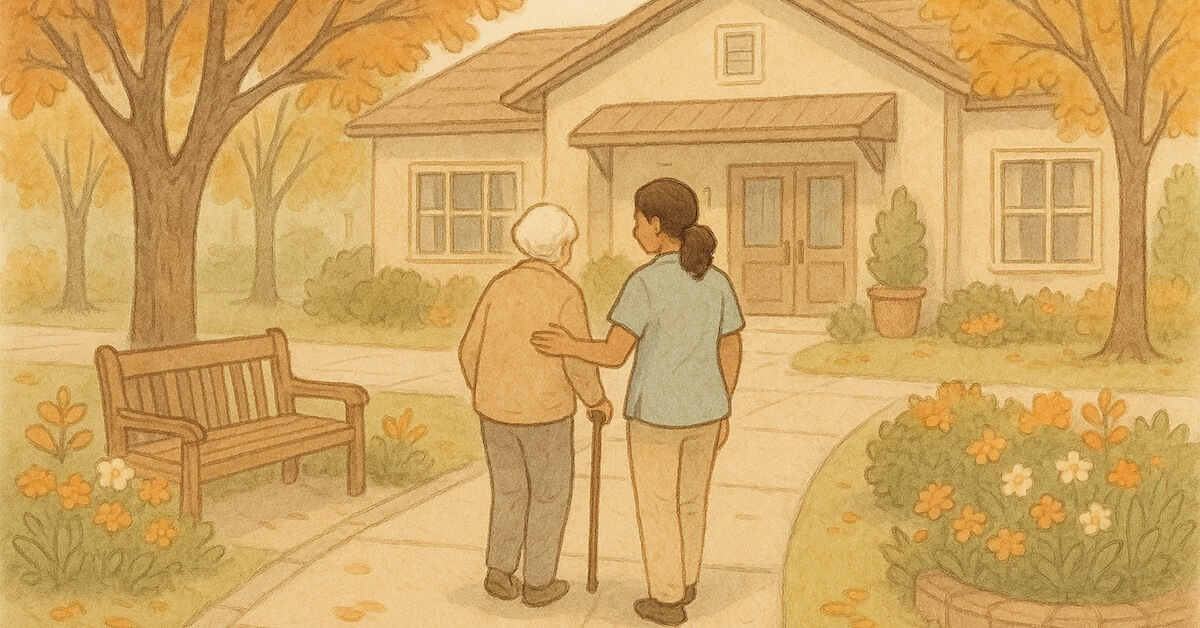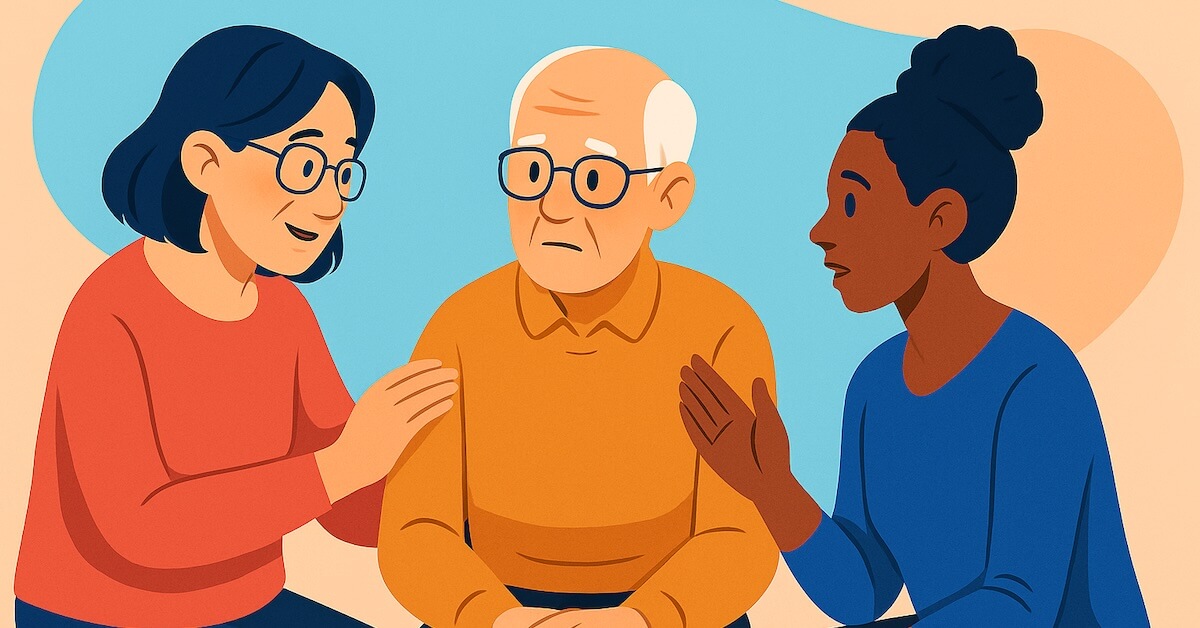Supporting the Supporters: Holiday Season Resilience for Healthcare Professionals in Aging Services
The holiday season is often painted with warm traditions, festive gatherings, and joyful celebrations. But for healthcare professionals supporting older adults—especially in long-term care, home health, hospice, or senior community settings—this time of year brings unique emotional and operational challenges.

-1.jpg)

.jpg)
%20(3).jpg)
.jpg)

